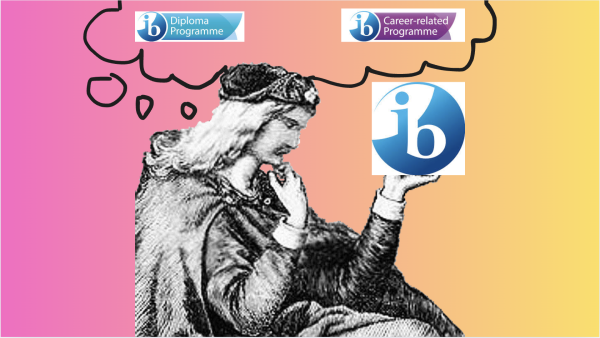With Test Season Looming, How Much Did Those ELT Advisements Help?
Hitting the Books: Freshmen Eliza Kennedy, Andrew Weeks, Kathryn Ackerman, and Natalia Perez study hard during their ELT class.
Any school staff has found themselves wrestling with, at one point or the other, how to properly prepare their students for standardized tests. These tests not only put pressure on students for the sake of their own grades and personal success, but on the school system as well to show that their students are proficient and the school is doing a good job, in hopes of getting more money for the schools. APS once infamously tried a different approach to improve their test scores, but maybe we shouldn’t talk about that. Here at North Atlanta, the staff has implemented things like boot camps and practice tests through the years to get students prepared, and their latest attempt was an alternate class during advisement known as ELT.
Although many students are already familiar with how ELT worked, for the sake of the article let’s recap. Advisement was expanded to take place on every Tuesday and Wednesday, alternating between students’ regular advisement classes and the new ELT classes. Students were either placed in an ELT that suited one of their weaker subjects like history or math, or placed in a study hall period where they would hopefully study or work on homework, but come on y’all.
On paper, this ELT system didn’t sound so bad. A period where students could go in and gain strength in their weaker areas and others can review and homework sounds great, right? Well, while some students did find that their learning was boosted with the extra class, others were quick to encounter issues. One student, sophomore Nevin Sethi, felt that the class was ultimately misguided. “I feel ELT does not help those on the cusp of ‘distinguished’ reach the distinguished level, as in my experience they taught lower level concepts and take away class time from core classes that do teach advanced, distinguished level lessons,” he said.
Another issue with these classes that some students found that they simply weren’t motivated to complete the work assigned if they weren’t familiar with it and it wasn’t a grade. “I was really confused most of the time and there’s only so much you can teach in an hour. I’m still really bad at math after all that too so I didn’t benefit from it that much, I guess,” said sophomore Madeline White, “Since I didn’t know most of what was going on, I didn’t really try my best on the work because it wasn’t going to be graded anyway.”
ELTs may have had some redeeming qualities for some, but a lesson to be learned from this is that everyone learns differently. Some students simply can’t be put in an extra class and be given some worksheets to become distinguished, and might need other methods. It was a good idea, but ELTs seem like they’ve been a mixed bag for everyone.











